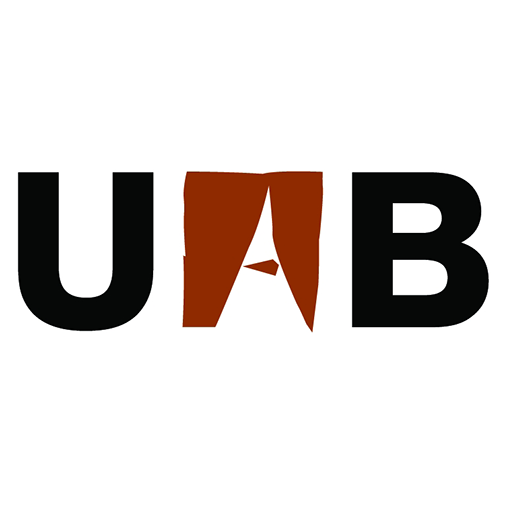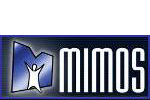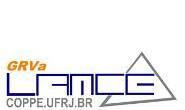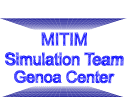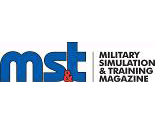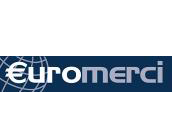Industry 4.0, the forth revolution of industrial production: A Simulation perspective.
by Emilio Jimenez (Director of the Master on Industrial Engineering at the University of La Rioja; Coordinator of the Spanish national group on Modeling Simulation and Optimization of the Spanish Committee on Automation, of the International Federation of Automatic Control, IFAC; Eurosim president 2016-2019).
Industrial production has evolved in last centuries in an unstoppable way, but 4 clear revolutions have defined this evolution, the last of them, well-known as Industry 4.0 (amongst several alternative names, such as cyber-physical production, smart factory, etc.), is just being implanted last years seeming to constitute a new revolution for the production industry, and therefore for society. Although manufacturing is the main sector involved in this new paradigm, Industry 4.0 is not just about manufacturing anymore.
The first industrial revolution started at the end of the 18th century, with the invention of the steam machine, consisting in the use of mechanization in order to take advantage of the water power and the steam power for industrial production, which also modified society, with trains, new jobs, etc. Approximately with the start of 20th century a new industrial revolution appears, based on electricity, which allowed the assembly line and therefore mass production.
A third industrial revolution appeared in the 70s of 20th century, based on computer and automation, with the rise of robotics in manufacturing, industrial connectivity, and, specially, the birth of the Internet, which again changed the society much more than only industrial production. Finally, just now (the last few years), the fourth industrial revolution is based on the technological advances, the cyber-physical systems, and again it is related to a social revolution, towards the knowledge society.
Industry 4.0 is based on the convergence and application of several new technologies: big data, internet of things (and industrial internet), augmented reality, simulation, cloud computing, cyber-physical systems (and cyber-security), artificial intelligence, and others such as advanced robotics, additive manufacturing, horizontal/vertical integration, etc. Those techniques are being integrated in the industrial system the last years, but their use will be necessary soon in order to be able to produce and be competitive in the global market. Industry 4.0 is a challenger, which will be a necessity in a few years. And Simulation world has a great opportunity to be part of this process, of this revolution.
Emilio Jimenez - Brief CV.
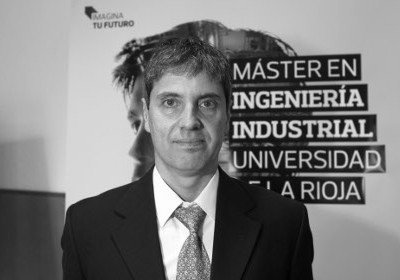
Prof. Emilio Jimenez studied Industrial Engineering (Computer Science, Electronics and Automation specialty) by the University of Zaragoza (Spain), and in 2001 presented his PhD thesis about Industrial Automation based on Discrete event systems and Petri nets, in the University of La Rioja (Spain), where he works since 1998, presently as full Professor in the Electrical Engineering Department and the System Engineering and Automation division (coordinator).
Currently he is Director of the Master on Industrial Engineering at the University of La Rioja, where he is also head of the official research group on Modeling and Simulation in Science and Engineering, Coordinator of the Spanish national group on Modeling Simulation and Optimization (belonging to the Spanish Committee on Automation, of the International Federation of Automatic Control, IFAC), member of the Discrete Event and Hybrid Systems Technical Committee (TC 1.3) of IFAC, and President for the period 2016-2019 of EUROSIM, the Federation of European Simulation Societies.
His research areas include modeling and simulation, applied mathematics, factory automation, production and logistic systems, artificial intelligence, renewable energy and environmental impact. In these areas he has advised several PhD thesis (25), collaborated in numerous Patents (more than 60), published several papers in JCR Journals (68) and important conferences (more than 200), from different national and European research projects (more than 40), and has organized important international scientific conferences and collaborated in many others (EMSS, Eurosim,…), mainly related to his main research area, Modeling and Simulation, in which he has received several awards for his research works.







